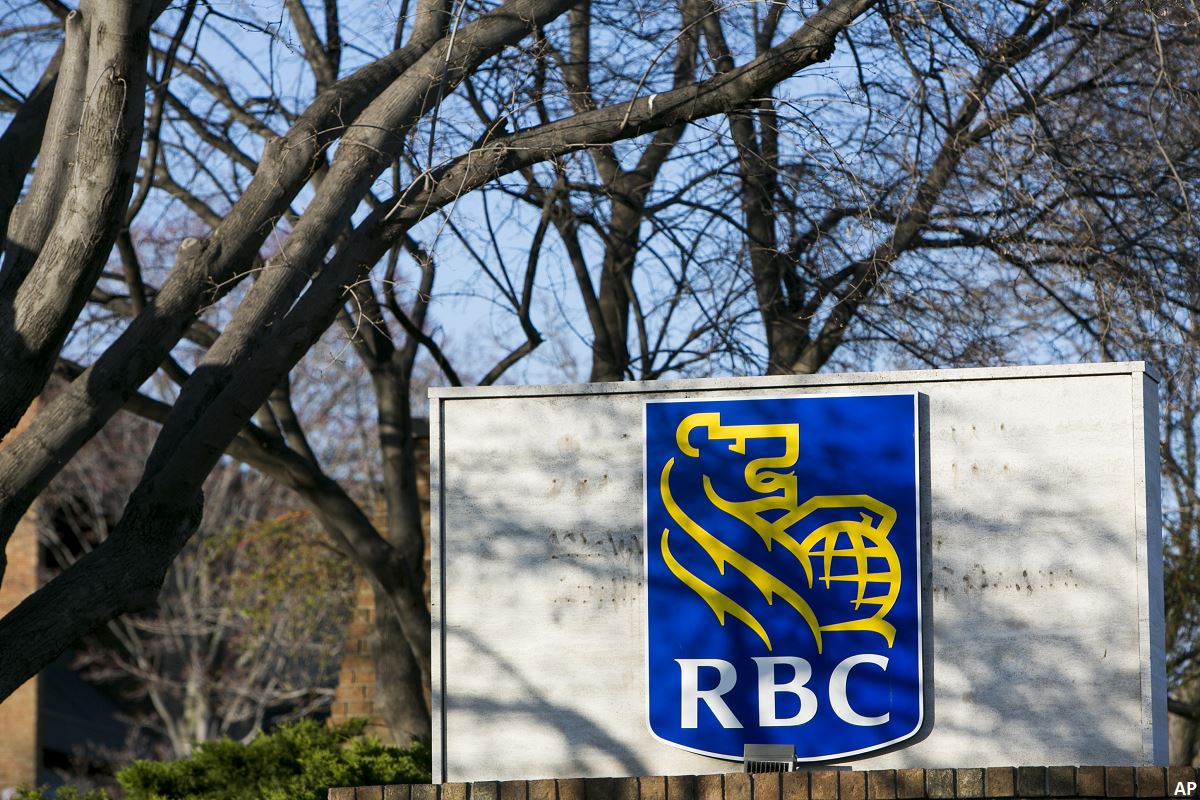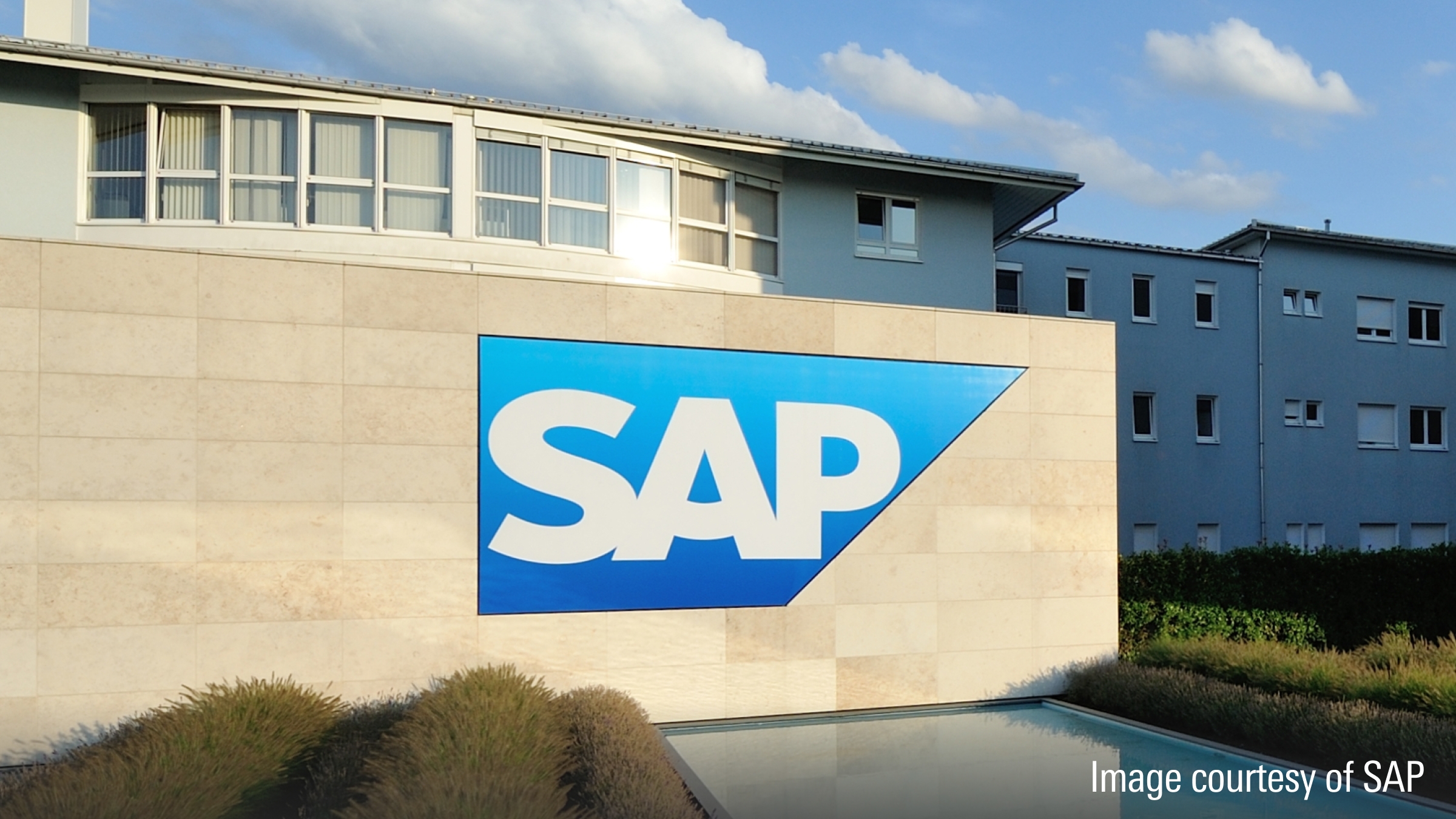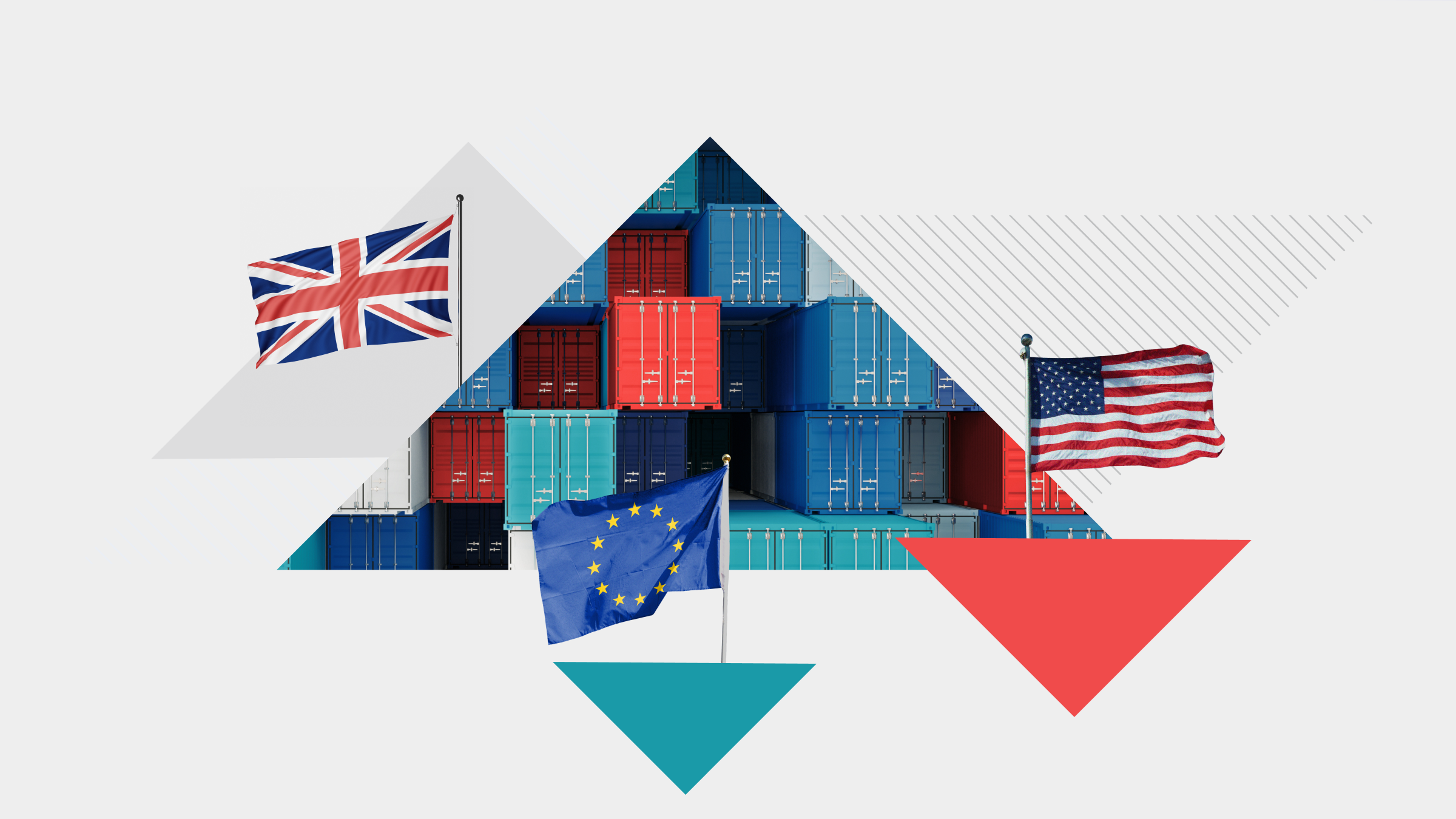
The votes are in and a sizeable group of shareholders - around twice the size of similar proposals in the industry - believe that Canada’s largest bank, RBC (RY) needs to step up and act to combat the effects of climate change.
At RBC’s April 8 2021 annual meeting of shareholders, 31.05% of shareholders voted in favour of a shareholder proposalfiled by SumOfUs that asked that RBC adopt company-wide, quantitative, time-bound targets for reducing greenhouse gas (GHG) emissions. Scotiabank had a climate related vote as well, around the circular economy, garnering 16.08% support.
Followers of Canada’s proxy process, including Jackie Cook, Morningstar’s Director of Investment Stewardship, point out that Scotiabank’s result was more in line with historical votes. In the past, similar GHG proposals at Bank of Montreal (BMO) garnered 18.53% of the vote, while 8.5% of Toronto Dominion Bank (TD) shareholders voted in favour of circular economy proposal.
However, “The (RBC) vote was significantly higher than expected, especially considering that the proposal has no advisory support from ISS or Glass Lewis. We are happy to see that shareholders have given RBC a strong mandate to go further, faster on climate,” says Amelia Meister, Senior Campaigner, SumOfUs.org. (Institutional Shareholder Services, or ISS, and Glass Lewis are prominent proxy advisory services firms that offer vote recommendations to institutional investors on various proxy issues).
At Scotiabank (BNS)'s April 13 2021 shareholders’ meeting, the proposal was on the circular economy (defined in the proxy circular as a system of production, exchange and consumption aimed at optimizing the use of resources at all stages of the life cycle of a good or service, using circular logic, while reducing our environmental footprint and contributing to the well-being of individuals and communities).
The Proposal
The proposal at RBC asked the bank to adopt company-wide, quantitative, time-bound targets for reducing GHG emissions associated with the Company’s underwriting and lending activities and issue an annual report discussing its plans and progress towards achieving these targets. The filers noted that RBC announced a financing target of $100 billion in sustainable financing by 2025 and has committed to reporting in line with the recommendations of the Task Force on Climate-related Financial Disclosures (TCFD).
“Yet these steps do not address the much greater risks arising from exposure to high carbon projects in its lending portfolio and underwriting. The bank’s exposure to high carbon industries and projects, including oil sands development, put it on a collision course with the coming transition to a low carbon economy called for in the Paris Agreement. Shareholders need transparency from the bank on the carbon footprint of its portfolio,” the shareholders said.
In response, RBC stated that it recognizes that climate change is one of the most pressing issues of our age and that its strategy is responsive to the essential concerns raised by this proposal to reduce greenhouse gas emissions in the transition to a sustainable economy.
Steps Were Taken…
At the end of February 2021, RBC became the 100th financial institution to join the Partnership for Carbon Accounting Financials (PCAF), an industry-led initiative to standardize the measurement and disclosure of financed emissions. Membership commits RBC to disclosing emissions associated with lending and investing activities according to the PCAF’s Global GHG Accounting and Reporting Standard for the Financial Industry. BMO joined in January and early in March committed to net-zero financed emissions by 2050. TD joined in November 2020 and announced its net-zero ambitions.
For some investors, it was enough. "RBC's steps taken in February were a very credible response to concerns raised. Some of the commitments made were no small thing," said Jamie Bonham, Director of Corporate Engagement at NEI Investments. As a result of these steps, NEI Investments abstained from the RBC vote.
(NEI voted in favour of the BMO proposal, as Bonham explained that the steps BMO took to address climate change came close to when vote decisions were made. All the five big Canadian banks are on NEI's focus list for corporate engagement.)
In a recent blog post, Mike Toulch of SHARE said that, “On its own, joining these initiatives does not change the fact that the Canadian banking sector has lagged significantly behind many international peers on climate action.” He adds that what banks and stakeholders do with the information that flows from these initiatives will be a far more critical catalyst for change.
…But Shareholders Want More
Toulch points out that investors and stakeholders have long highlighted the Canadian banking sector’s outsized relationship with the fossil fuel industry.
We recently talked about how Canadian banks are funding fossil fuels, and how the Fossil Fuel Finance Report 2021 titled Banking on Climate Chaos 2021 found that though the top three fossil fuel funders are all U.S. based: JPMorgan, Citi and Wells Fargo, and Canada is not far behind. RBC has the dubious honour of being the top Canadian bank funding fossil fuels. It comes in at number five, with over US$160 billion funded to fossil fuels over the five years. Toronto Dominion Bank (TD), ScotiaBank (Scotia) and Bank of Montreal (BMO) all feature in the top 20. CIBC has the least funding of the Big 5 – coming in at number 22. All in all, the Big 5 banks have lent US$558.98 billion to fossil fuels, which is over $700 billion in Canadian dollar terms.
Cook suggests that the fact RBC’s rank as the fifth-largest lender to, and underwriter of, fossil fuel projects may have been the reason shareholders showed up in strength to support the greenhouse gas proposal. “This means that almost a third of shareholders voted contrary to the company’s recommended position, which should catch the board’s attention,” she says.
SHARE’s Director of Shareholder Advocacy, Anthony Schein, agrees. “The vote at RBC sends a very clear signal about where investor thinking is today, and where attitudes are headed,” he points out.
What Next?
Cook looks back to last year, where a resolution filed at JPMorgan by investor advocacy group As You Sow asked the bank to tell shareholders “how it intends to reduce the GHG emissions associated with its lending activities in alignment with the Paris Agreement's goal of maintaining global temperature rise below 1.5 degrees Celsius.” The motion earned just shy of 50% support from shareholders. The same resolution was filed at Citigroup this year and subsequently withdrawn when the Bank announced its plans to publish the plan and take on a leading role in driving the transition to a net-zero global economy.
“Meaningful action means setting bold, science-based targets. It means creating activity exclusions and aligning capital expenditures with carbon reduction targets. And that’s just the beginning of what’s needed to ensure that today’s accounting and disclosure commitments catalyze tomorrow’s ambitious emissions reduction successes,” Toulch says.
For Bonham, banks need to show how they will assist in the transition away from fossil fuels. "To say banks should stop funding fossil fuels is too simplistic. Energy companies need capital to fund the transition away from fossil fuels. We don't agree that cutting off funding is the solution. Instead, we ask what role the lender can play in the transition," he says.
“Coordinated action across the financial sector to decarbonize lending and investment portfolios is perhaps the most powerful tool in driving the global economy to net-zero emissions,” Cook notes. And advocacy groups like SumofUs stand ready to support specific goals to get there, adds Meister: “We will continue to engage with RBC and push for strong interim commitments, including a 50% reduction in financed emissions by 2030 and a complete coal exit strategy.”





















